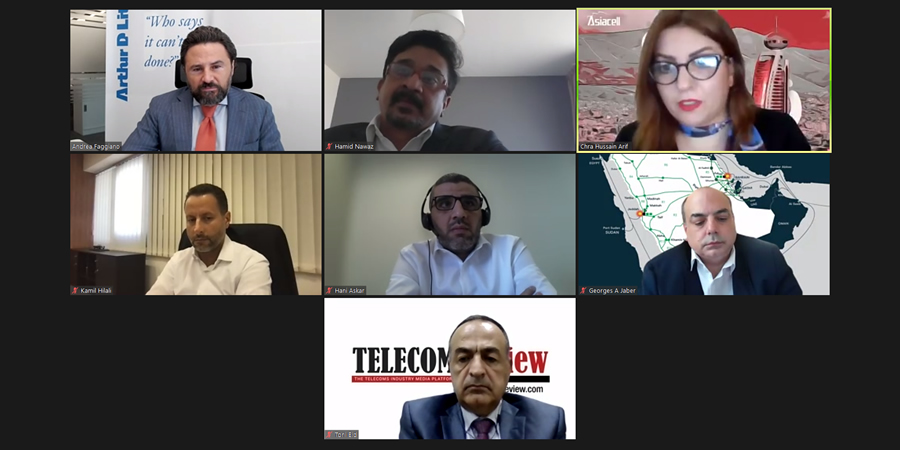In the framework of Telecom Review’s virtual panel entitled ‘Revolutionizing connectivity through innovation’ which was held on September 13, digital inclusion was tackled in depth by the panelists. The panel’s moderator, Andrea Faggiano, partner, telecom, information, media & electronics practice lead, Arthur D. Little Middle East asked the speakers about how digital inclusion is being addressed nowadays.
Hamid Nawaz, general manager, Middle East & Central Asia, SES explained that digital inclusion is mainly associated with the affordability of internet services, the availability of electronic devices, the lack of network infrastructure availability and the gap in skills.
“Out of the 7.8 billion world population, 46% are still unconnected, mainly in developing regions. Connectivity is largely limited to urban areas, often leaving rural areas totally cut off. In these geographic areas, satellite is the primary technology for filling the gap as it provides an alternate solution for digital inclusion,” he said.
According to Chra Hussain Arif, chief commercial officer, Asiacell Iraq, operators cannot address digital inclusion alone; they need the help and support of governments. “Digital inclusion is the responsibility of each single individual in the telecom domain. In countries like Iraq, the need is there and the enablers are available with smartphone penetration exceeding 60%.”
Asiacell’s CMO considers data experience as a key element to promote digital inclusion. “Our network covers 100% of the population and all of our sites are 3G whereas our 4G coverage accounts for 70% and we’re still investing to increase 4G coverage in order to make sure that everyone in Iraq is connected.”
“We also invested in data centers. We have today three Tier 3 data centers which provide our B2B clients the opportunity to host data inside Iraq,” she added.
Asiacell has also been contributing to digital inclusion in Iraq through several initiatives, namely promoting e-learning during COVID-19 by offering free data to students, in addition to providing support to the healthcare system.
For Kamil Hilali, chief strategy officer, Zain Group and CEO of Zain Global Services, Zain’s wholesale arm, digital inclusion is on top of the Group’s agenda and is part of its obligation as an operator in the region.
About the challenges to digital inclusion, he highlighted regulations as a key challenge. “Connectivity costs are going up and in some countries IP costs and cross connect are still very high. We’re investing in the latest technologies, mainly in 5G, despite the challenges. We hope that regulators would understand the need to support us because we want to contribute to the development of the countries where we operate and we want to make sure that our communities are digitally inclusive.”











